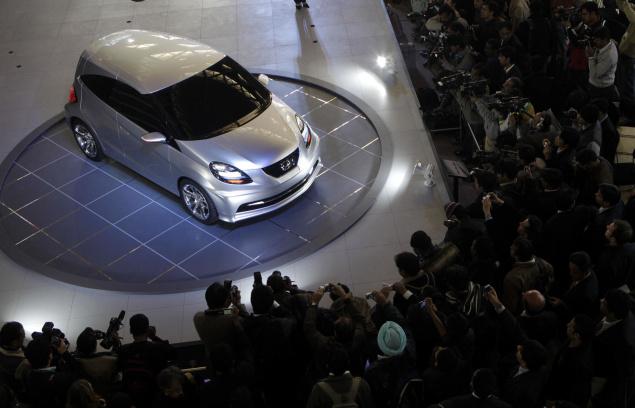#entry-level
BMW Goes Economy: The 2 Series Gran Coupe Is Not Your Dentist's Bimmer
Hoping to attract new clientele, BMW has crafted a sedan aimed at capturing the attention of lower-end American buyers. The 2020 2 Series Gran Coupe is not a four-door version of the well-regarded 2 Series coupe, but you probably knew that by now.
Sporting precious little real estate between the front door and front wheel arch, a raised, pedestrian-cushioning hood, rear flanks and roofline mimicking the Chevrolet Malibu, a front-biased drivetrain, and a platform borrowed from a pair of small crossovers, the 2 Series Gran Coupe is not the long-hood affair you lusted after as a kid. To its credit, BMW couldn’t stomach the prospect of offering the model in FWD.
All-wheel drive comes standard on this thrifty German chariot.
Cheaper Base Price, More Content as the Toyota Prius Fights Back
Newfound hybrid competition from the likes of the Hyundai Ioniq has forced Toyota into a mid-year strategy shift. Starting imminently, the automaker plans to offer a less expensive base model of the Prius while bulking up the model’s content with no-charge added safety features.
According to automotive research and car-shopping website CarsDirect, the entry price of a Prius should drop by $1,210, bringing its base MSRP (including destination) to $24,360. That helps close the gap between it and the Ioniq, which has strategically positioned itself as the segment’s value pick.
What's Wrong With This Picture: Speaking Of Downsizing… Edition
Japan’s Mag-X [via Autoten] brings us this rendering of a Toyota low-cost car, said to be planned for a 2012 launch in India’s hot-hot entry-level car market. Expected to weigh about 1,322 lbs, Toyota’s Tata Nano-fighter is said to have an 800cc two-cylinder engine mounted out back (alá Nano).
Hammer Time: Saturn Shangri-La
In 1994, you could buy a base model Saturn for $9995 plus tax, tag and dealer fee. In 2002, you could buy a base model Saturn for $9995 plus tax, tag and dealer fee. In 2010, you may very well be able to buy an entry level Saturn for….




















Recent Comments